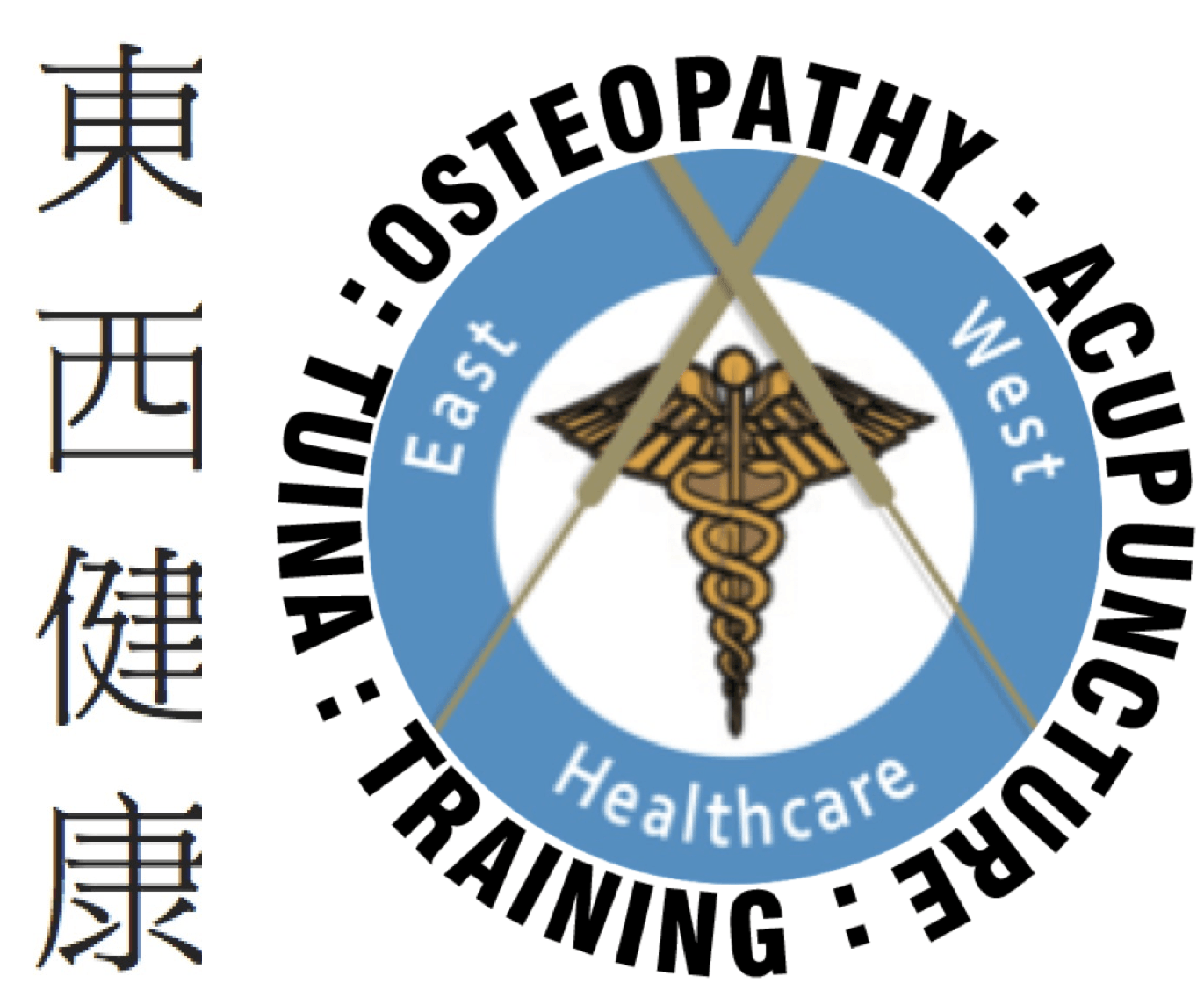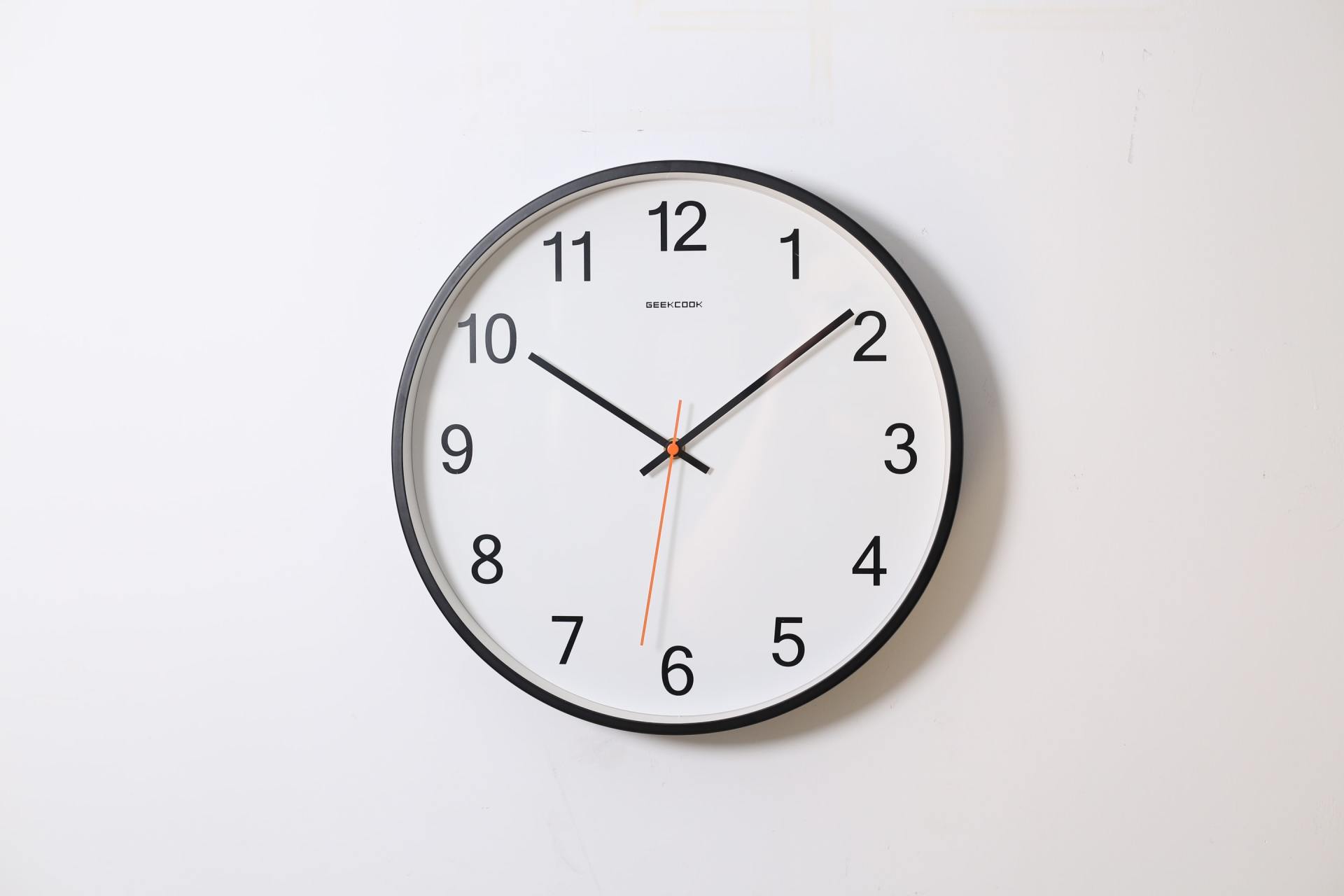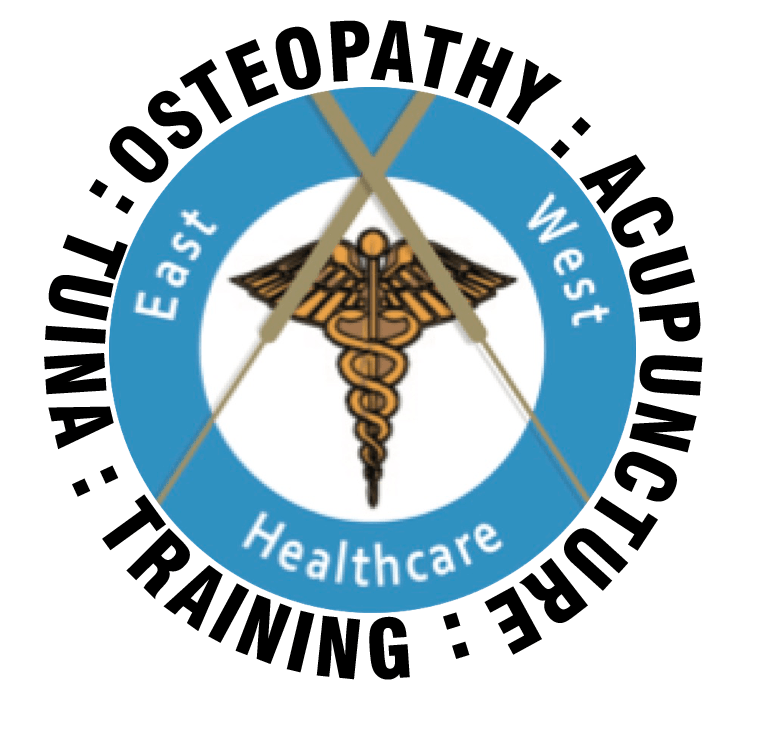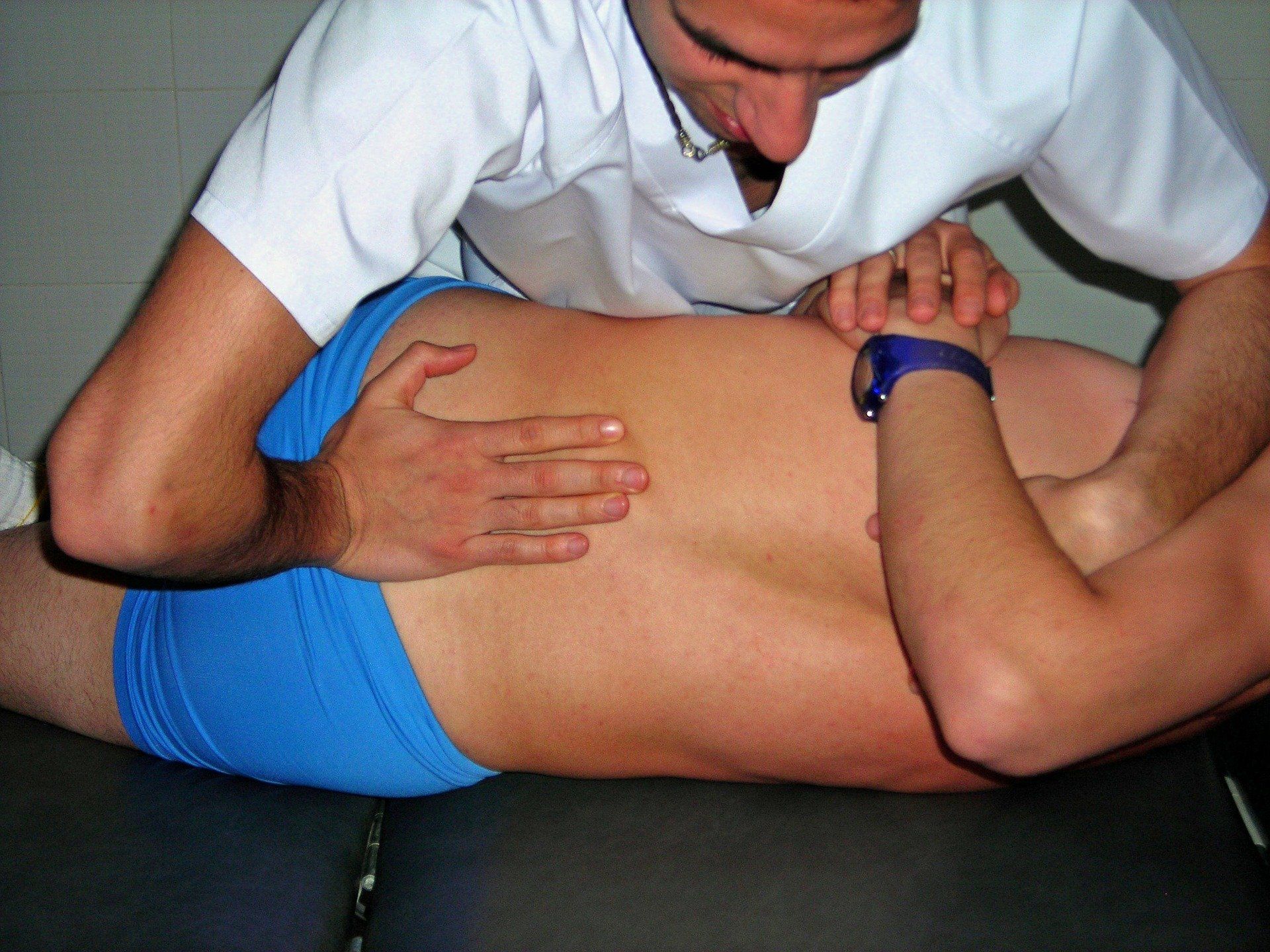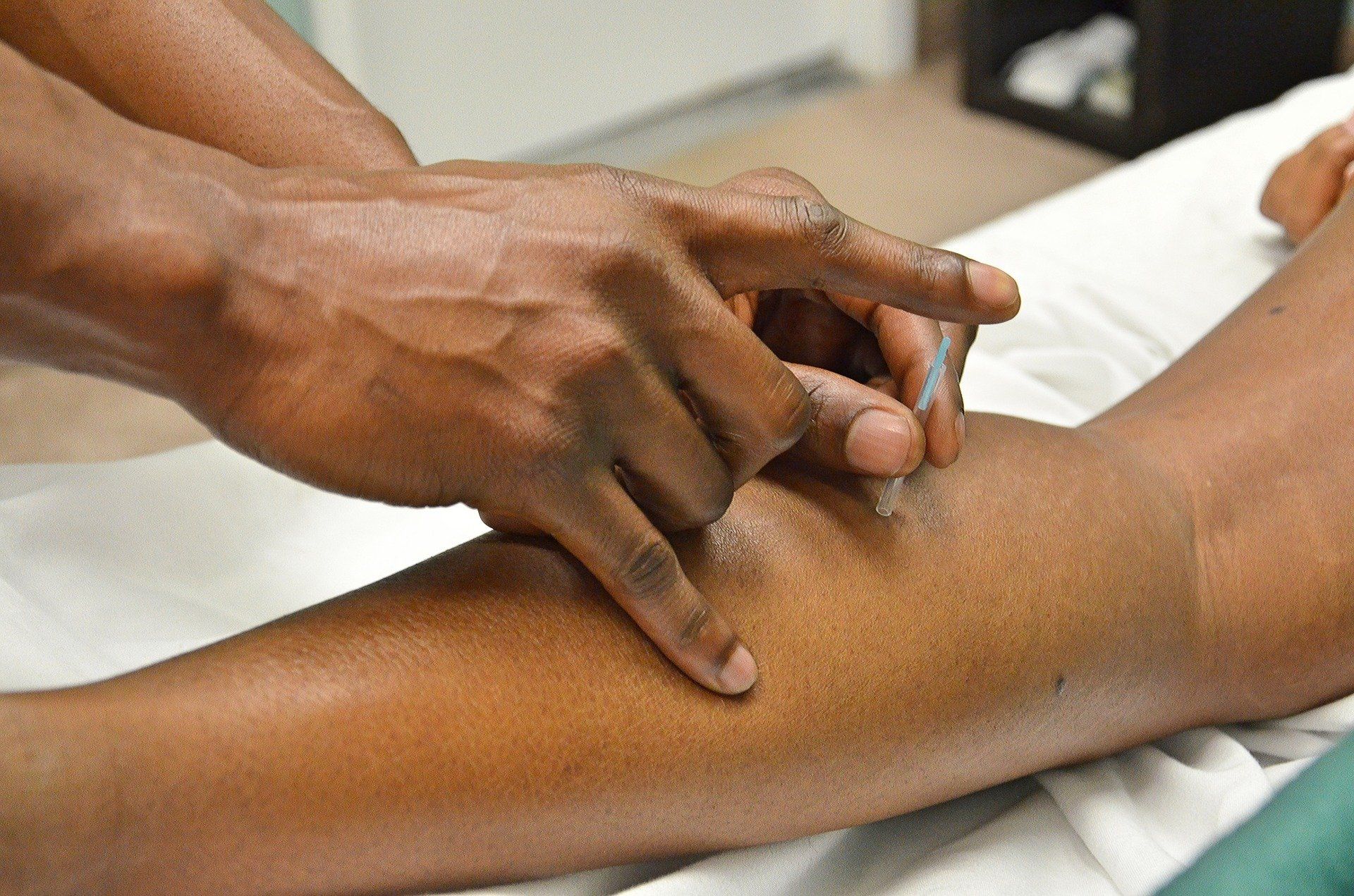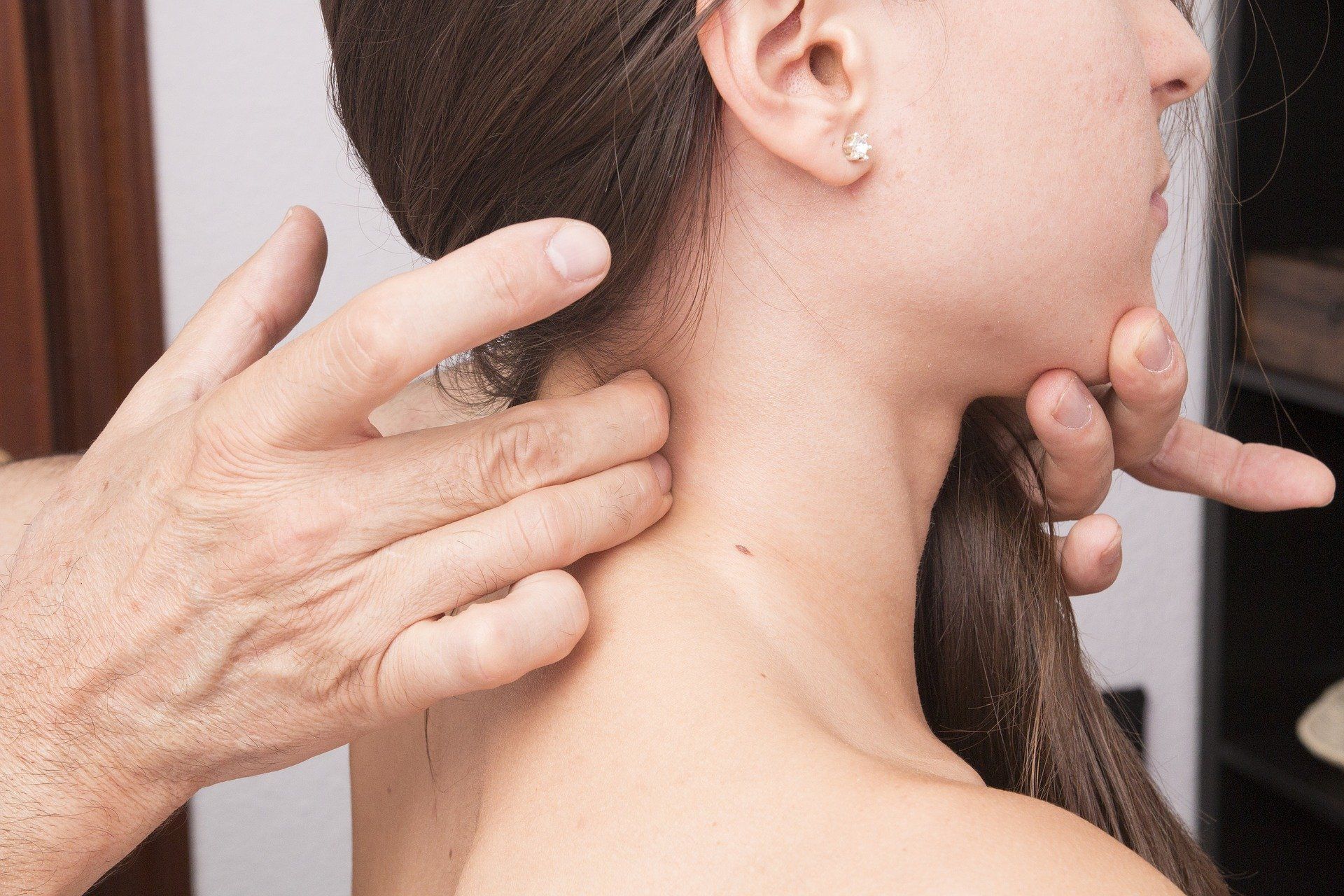Common Questions from patients

What to expect at your appointment during Coronavirus.
What will happen during my 1st Appointment?
- Your current condition (including signs and symptoms);
- A full medical / health history (including your current diet, sleep patterns, emotional state and any medication your are / have taken) and;
- Any treatment you have received,
How long is an appointment?
How much will it cost?
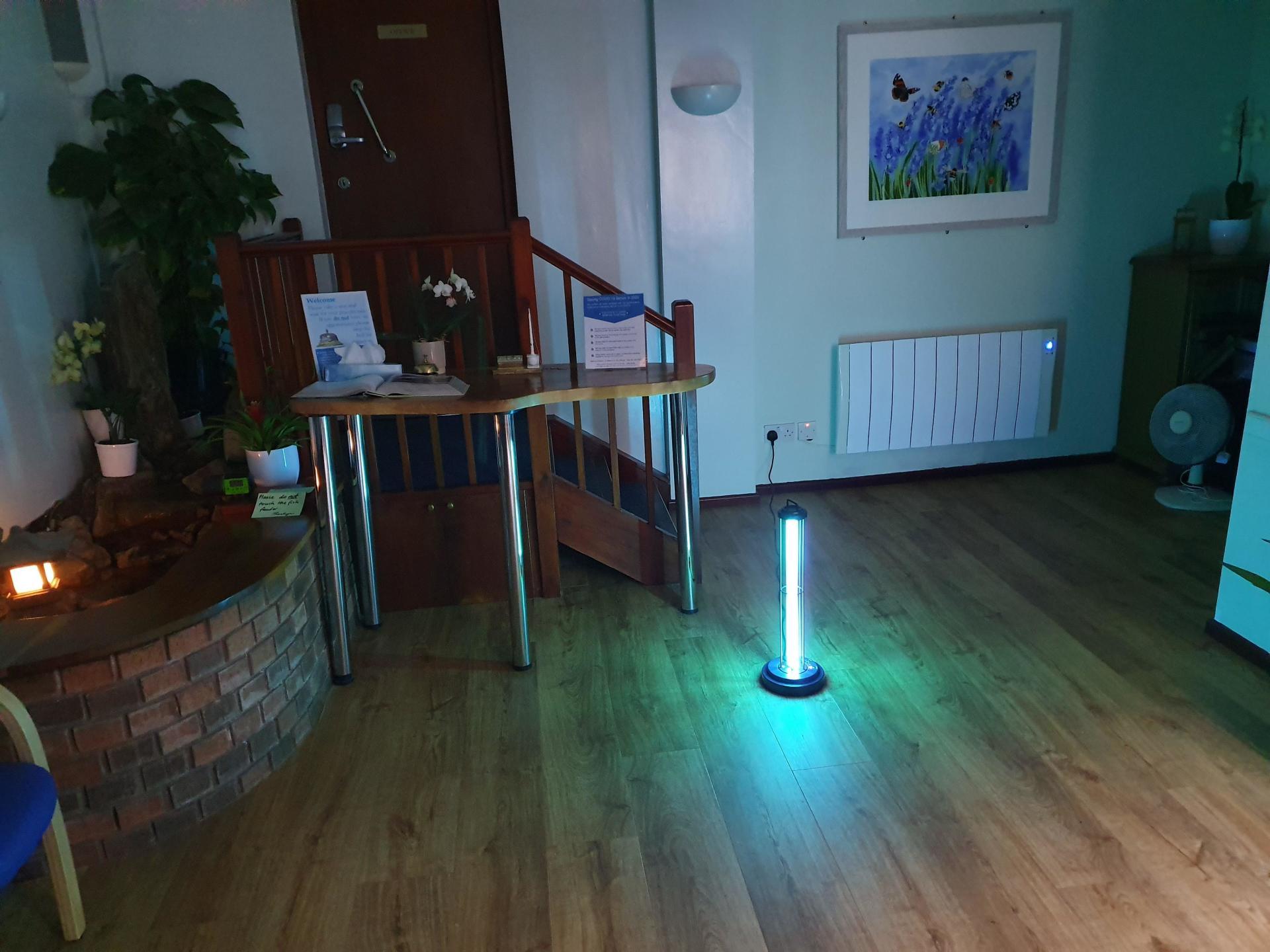
What safeguards have you in place for coronavirus?
- A full COVID-19 risk assessment has been carried out by the directors, Drs Martin and Sue Allbright and have shared the results with all the people who work at the clinic;
- All reasonable steps have been taken to ensure people work from home;
- All reasonable steps to maintain a 2m distance in the workplace has been undertaken;
- Everything practical has been done to manage the transmission risk including a pre-treatment screening questionnaire and the use of PPE (where appropriate) where people cannot be 2m apart (e.g. the physical therapies) and;
- Cleaning, hand-washing and hygiene procedures are in place in line with, and exceeding, the guidelines. These include:
- HEPA filters in each room with in-built shielded hospital grade UV-C Germicidal lights to clean and filter the air;
- Hand sanitiser dispensers at strategic positions around the clinic;
- Hospital grade Clinell clearer is used on surfaces between clients;
- Propolis diffusers are situated in the clinic as a means of reducing virus particles in the atmosphere (if you are allergic to propolis or are pregnant, please contact the practice / practitioner before the session and alternative arrangements can be made);
- Hospital grade UV-C Germicidal lights are used to sanitise the treatment rooms between patients (see picture) and also the entire clinic overnight;
- Track and Trace measures are available as per government guidelines.
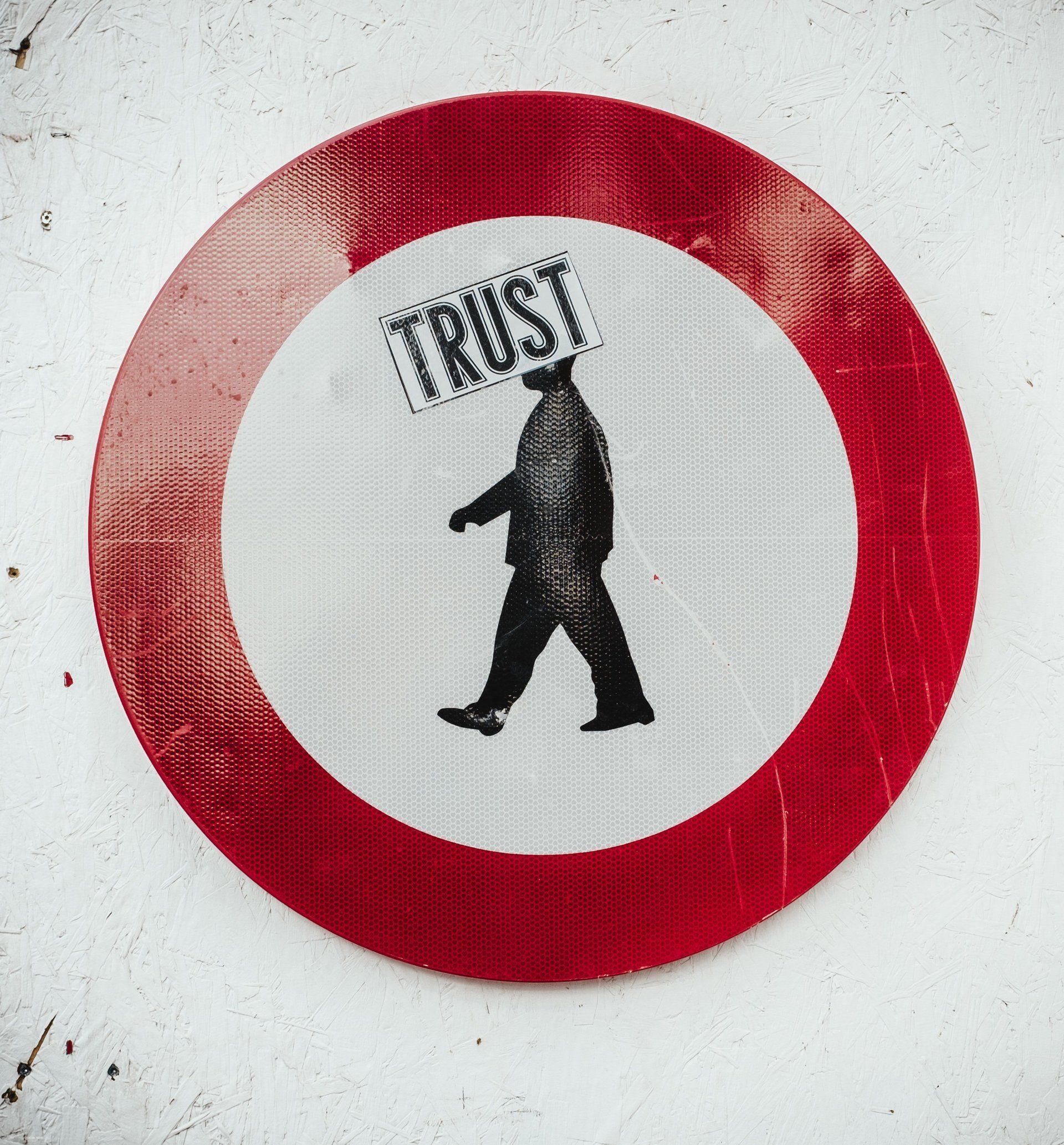
What happens if I am not happy with my treatment?
Initially, if you are not happy with your treatment it is hoped that you would be able to discuss those with me and we can work together to resolve resolve your concerns.
If you would prefer not to do this, the Beacon Clinic has a complaints procedure and you can contact the clinic directors either Dr Martin Allbright or Dr Sue Allbright. A copy of the clinic complaints procedure can be obtained by contacting the clinic directors.
If you are not satisfied that your concerns have been properly dealt with, you can contact either the Regulation Department at the General Osteopathic Council ( regulation@osteopathy.org.uk. ) or to the ethics department The British Acupuncture Council ( ethics@acupuncture.org.uk )..
Are the treatments you offer, safe?
- In a 2007 study of 65,482 acupuncture and moxibustion treatments over a 6 year period at a National clinic in japan, 94 adverse events were recorded, with no severe cases (such as pneumothorax, infection or spinal cord injury) indicating the incidence of severe or serious adverse effects are rare in standard practice (Yamashita et al, 2007)
- In an earlier 2000 prospective study undertaken by 574 acupuncturists in York (all members of the British Acupuncture Council) delivering 34,407 treatments over a 4 week period there were no reports of serious adverse effects (defined as events requiring hospital admission, leading to permanent disability or death). Practitioners did report 43 minor events (a rate of 1.3 per 1,000) the most common being nausea and fainting, with some local reactions at the needling site (e.g. bruising) was noted. The most common mild transient reactions were "feeling relaxed' and 'feeling energised'. With over 2,000,000 acupunctre treatment annually, comparison of these adverse events with those of drugs routinely prescribed in primary care suggests acupuncture is a relatively safe form of treatment (BMJ, 2001).
